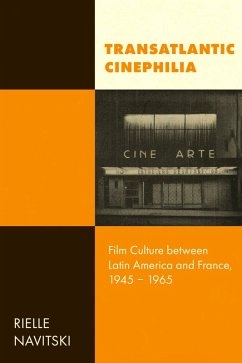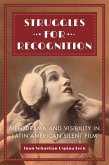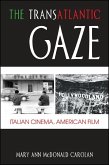In the two decades after World War II, a vibrant cultural infrastructure of cineclubs, archives, festivals, and film schools took shape in Latin America through the labor of film enthusiasts who often worked in concert with French and France-based organizations. In promoting the emerging concept and practice of art cinema, these film-related institutions advanced geopolitical and class interests simultaneously in a polarized Cold War climate. Seeking to sharpen viewers' critical faculties as a safeguard against ideological extremes, institutions of film culture lent prestige to Latin America's growing middle classes and capitalized on official and unofficial efforts to boost the circulation of French cinema, enhancing the nation's soft power in the wake of military defeat and occupation. As the first book-length, transnational analysis of postwar Latin American film culture, Transatlantic Cinephilia deepens our understanding of how institutional networks have nurtured alternative and nontheatrical cinemas.
Dieser Download kann aus rechtlichen Gründen nur mit Rechnungsadresse in A, D ausgeliefert werden.









